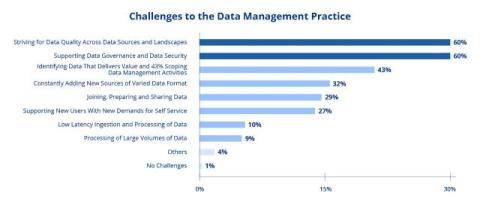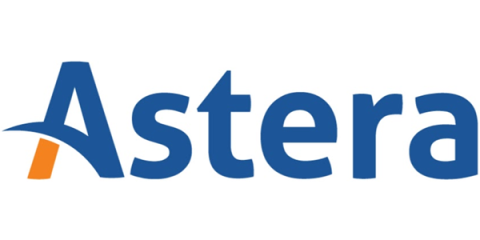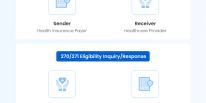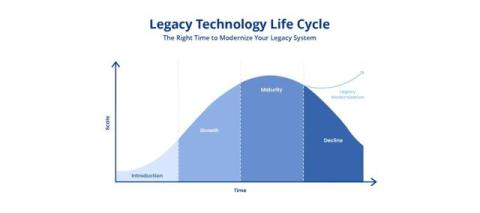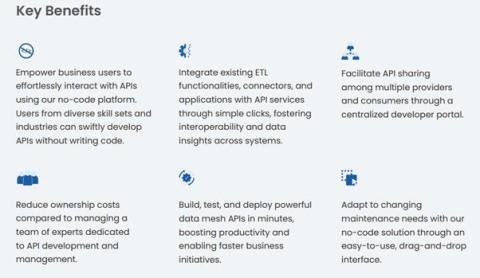What is Process Orchestration? A Complete Guide
Process orchestration, also called business process orchestration, is an approach to manage and organize multiple automated tasks or workflows within a business process, like ETL process orchestration. It involves coordinating data extraction, transformation, and loading tasks across various systems to create a unified data source.




